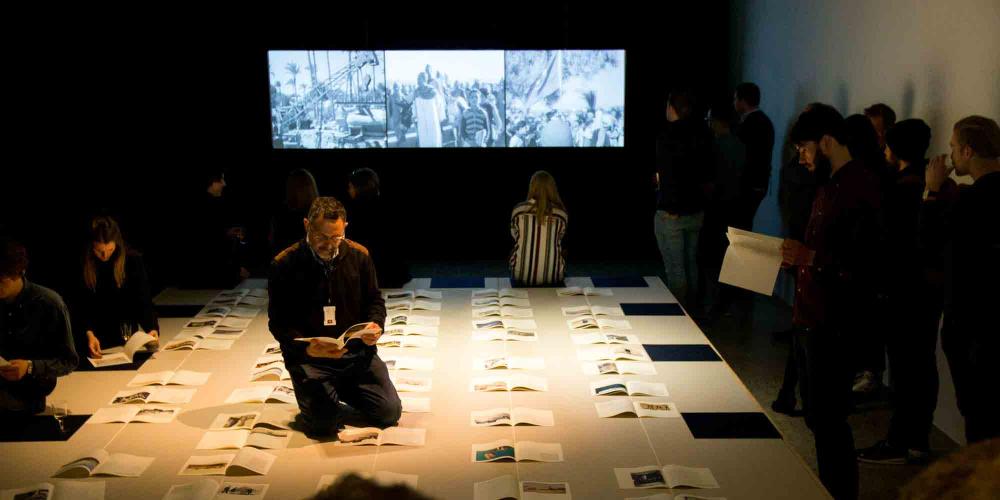
Uses of the Past (2016-2019)
In 2016, the HERA network, along with the European Commission, invested €21 million in 18 European research teams as part of its third joint research programme ‘Uses of the Past’.
Participants
The following countries have committed to this programme:
| Austria | Belgium | Czech Republic |
| Croatia | Denmark | Estonia |
| Finland | Germany | Iceland |
| Ireland | Italy | Latvia |
| Lithuania | Luxembourg | The Netherlands |
| Norway | Poland | Portugal |
| Slovenia | Spain | Sweden |
| Switzerland | United Kingdom |
About the theme
The theme ‘Uses of the Past’ recognises that to understand many of today’s pressing societal questions of identity, integration, political legitimacy, creativity and cultural dynamics across Europe we need new, more complex understandings of how individuals and societies use and reflect upon the past. These understandings must take account of how cultural ideas, traditions and practices are constructed, transferred and spread among different agents and regions.
Our aim
This joint research programme will shed a new light on how European, non-European or global pasts are actively and instrumentally used, and to what ends. It will examine which:
- historically informed orientations and actions in society are promoted, mobilised and legitimised
- mechanisms and motives lie behind the work of historical understanding in:
The knowledge produced will enable us to see more clearly the complex ways in which our cultural diversity has been formed, and the dynamics by which it may be shaped and directed in the future.
The projects
The 18 funded projects deal with a variety of subjects ranging from the Carolingian world, identity and citizenship, HIV/AIDS, to economics, arts, religion and languages.
Projects
- Accessing Campscapes: Inclusive Strategies for using European Conflicted Heritage Sites
- After Empire: Using and not using the past in the crisis of the Carolingian world, c. 900-c.1050
- Cruising the 1970s: Unearthing Pre-HIV/AIDS Queer Sexual Cultures
- Deploying the Dead: Artefacts and human bodies in socio-cultural transformations
- Disentangling European HIV/AIDS Policies: Activism, Citizenship and Health
- East Asian Uses of the Past: Tracing Braided Chronotypes
- Identity, Citizenship and Nationhood in the Post-Genome Era
- Memory Laws in European and Comparative Perspectives
- Modernist Reinventions of the Rural Landscapes
- Multilingualism and Minority Languages in Ancient Europe
- Printing the Past: Architecture, Print Culture and Uses of the Past in Modern Europe
- Protestant Legacies in Nordic Law: Uses of the Past in the Construction of Secularity of Law
- Sound Memories: The Musical Past in Late-Medieval and Early-Modern Europe
- The Debt: Historicizing Europe’s Relations with the ‘South’
- The Heritagization of Religion and the Sacralization of Heritage in Contemporary Europe
- Transfer of Cultural Objects in the Alpe Adria Region in the 20th Century
- Understanding Sharia: Past Perfect/Imperfect Present
- Uses of the Past in International Economic Relations